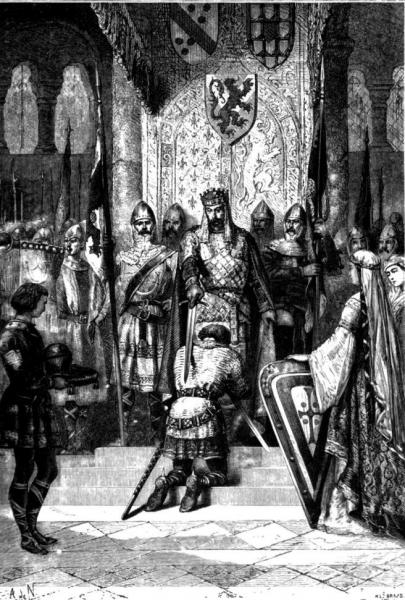
1337 - 1453 - Hundred Years´ War

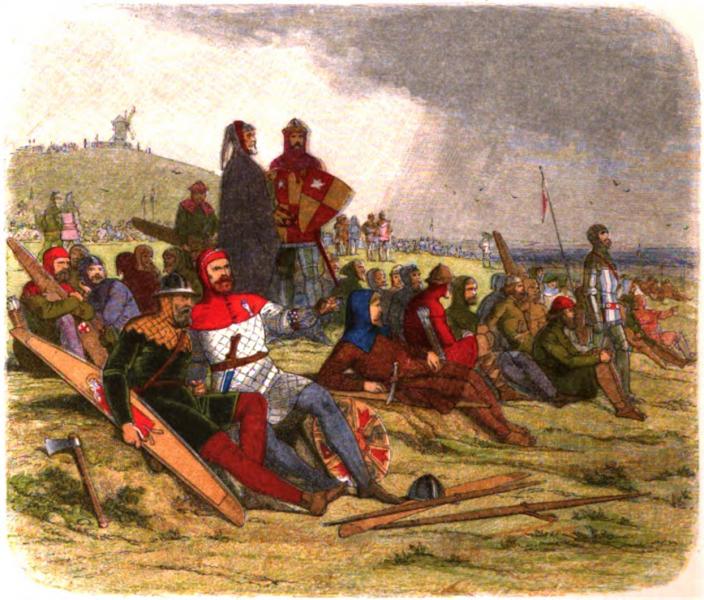
Czech Blood

Czech Blood
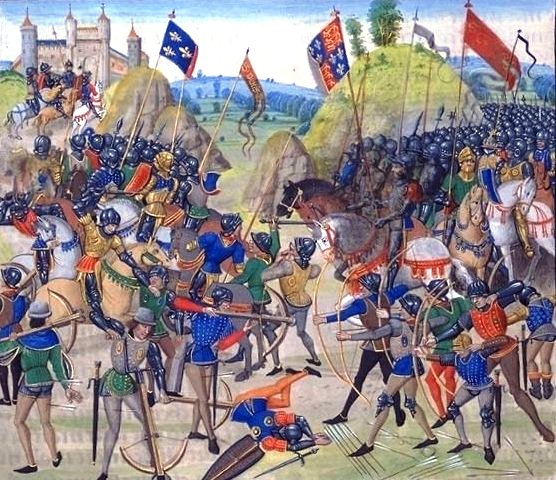
Czech Blood
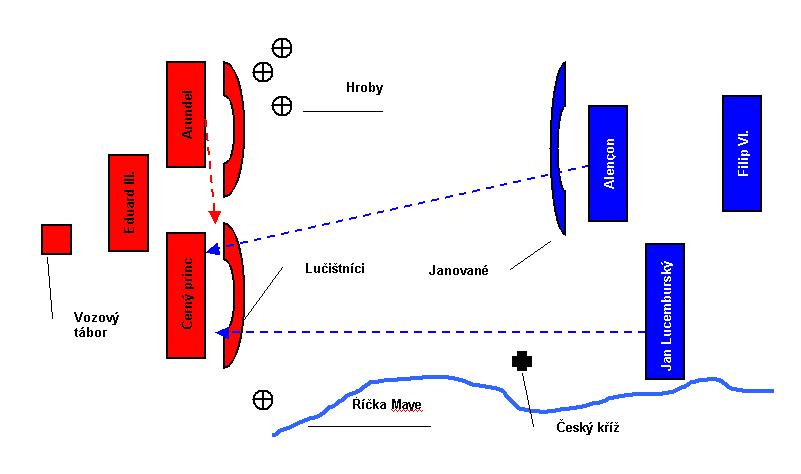
Czech Blood

Czech Blood

Hundred Years' War between England and France 1337-1453

Hundred Years' War between England and France 1337-1453

Hundred Years' War between England and France 1337-1453
The immediate pretext for this conflict was the dispute between the two countries over supremacy in rich Flanders. Before the beginning of the Hundred Years' War, the French had the upper hand and, at the instigation of King Philip VI of France. In 1336, Count Ludvík of Flanders had all the English living in Flanders arrested. This was followed by retaliation by England against all Flemish traders on the island, and a ban on the export of English wool to Flanders and the import of Flemish products into England.

Hundred Years' War between England and France 1337-1453

Hundred Years' War between England and France 1337-1453
Henry ruled all of Normandy, and in 1420 he made a treaty in Troyes with Queen Isabella of France and Philip the Good Duke of Burgundy. According to her, Jindřich was to marry the daughter of Charles VI. Catherine and after his father-in-law's death sit on the French throne. At that time, the English also found a powerful ally in the Duke of Burgundy.

Hundred Years' War between England and France 1337-1453

Hundred Years' War between England and France 1337-1453
Overview of significant events of the Hundred Years' War.

Phases
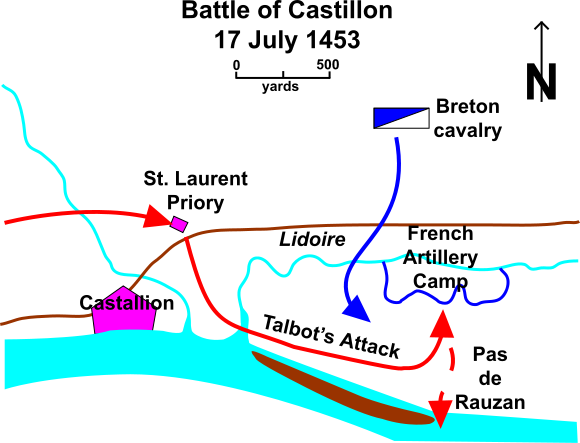
Battles
Join us
We believe that there are people with different interests and experiences who could contribute their knowledge and ideas. If you love military history and have experience in historical research, writing articles, editing text, moderating, creating images, graphics or videos, or simply have a desire to contribute to our unique system, you can join us and help us create content that will be interesting and beneficial to other readers.
Find out more